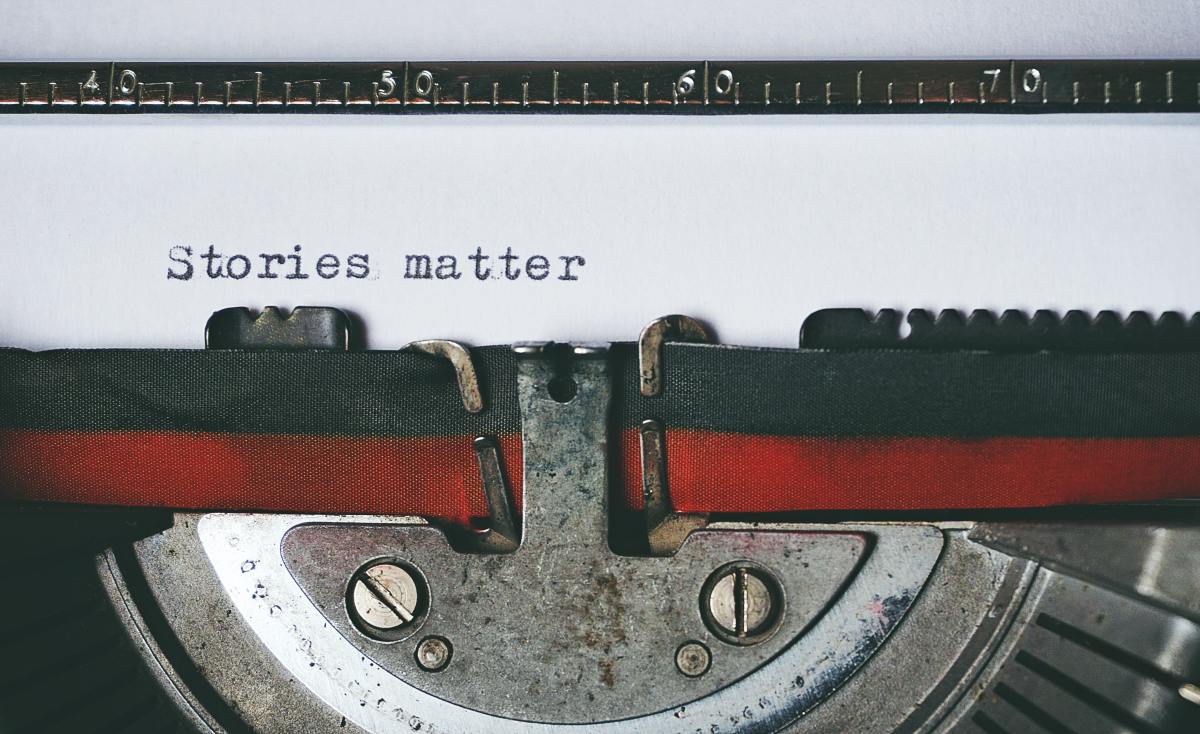How NOT to Write a Short Story

18 Tips NOT to follow when writing you’re next short story:
Tip # 1
Tell don’t show! Don’t force your reader to figure out what’s happening. Make your story easy to follow and more fun by explaining everything that is happening in plain words.
Here are some examples of the perfect way to tell about your character:
Karen was a tall, unattractive woman. She took very poor care of her teeth and always had terrible halitosis. Her hair was thin and unkempt and she often wore clothing that was two times too big so that she looked like your local bag lady. The strange thing was she came from an affluent family. Her father was a doctor and her mother was a lawyer.
Make foreshadowing easier to catch:
Karen was talking jovially to the man who had just moved in next door. What she didn’t know was that he was the one who had ruined her prized rose bush and that he would one day ruin her whole life by burning down her house!
Who could miss that?
Make Karen’s emotions plain as day:
Karen looked at her house, burned to a blackened crisp. She sobbed loudly while tears of anguish streamed down her red face. She couldn’t help but cry even though there were people all around her watching her house as the last embers burned out. She was so sad.
There, now doesn’t everyone know exactly how Karen felt?
Tip # 2
The first sentence is the best way to hook your reader. Try starting your story with old classics, they never go out of style!
Try:
Once upon a time…
It was a dark and stormy night…
You don’t have to just start with the old classics though, try these exciting starters:
Bill didn’t know that this was the day he was going to die…
I’m about to describe the worst day of my life…
Last night I had the craziest dream…
Now try to create some of your own!
Tip # 3
Exclamation points are a great way to get you reader’s attention! They show how exciting the scene is and will keep your reader interested in the story!!! In fact, the more exclamation points you use the better!!!!!!
Tip # 4
Don’t bother editing your story. An edit will only kill the dramatic emotional flow in your story. When you wrote you were on a roll right? You were deeply invested in the story right? So, how much better can it get? In fact, don’t even read over it again. Just write it out and pop it into an envelope or press send!
Tip # 5
Short stories don’t give you a lot of time to describe the setting or illustrate your characters. So, leave the actual story to conflict and resolution and write a lengthy prologue to put your reader in the right frame of mind. The longer the better! You want to make sure they know what’s going on!
Tip # 6
A short story is more interesting if it has lots of characters! Stand out in a sea of 3-character-stories with a story that boasts 10, 20 even 50 characters. The more the merrier! Also, make sure you give names and short introductions to every character that makes an appearance. Even the messenger who delivers a package deserves one!!!
Tip # 7
Pick three words and then use them over and over again. Shove a bunch of them into one paragraph. Then while you’re editing (this is the only time editing is acceptable) find all the words that are synonyms of those three words and switch them.
Tip # 8
Grammar is unimportant, the story is the important thing. Rules are meant to be broken this goes for spelling too! Especially don’t worry about the difference between its and it’s, your and you’re and their, there and they’re. Their so close you’re reader is sure to figure it out!
Tip # 9
Short stories don’t need themes. There are already to many pieces of literature that have them. It will just get in the way of the plot. Leave out the theme for an edgy, avant-garde story.
Tip # 10
So that your reader understands where the character is coming from it is important to write a detailed background of every character when you introduce them.
Here’s a great example:
John was a short man with coffee-coloured skin and dark eyes. His parents got married in their forties and didn’t have him until they were nearly fifty. Because of this both his parents died before John was 25. This was a very depressing time for John even though he is usually a very bright and upbeat person. He had finished university a few years before but his parents deaths made him so depressed that he couldn’t hold down a good job. That was when he met Cindy and his whole life changed.
Tip # 11
A short story will be better, and you will be more respected if you use a thesaurus on every word. Ever see that episode of the TV show Friends where Joey was trying to sound smart?
Monica: What was this sentence originally?
Joey: They are warm, kind people with big hearts.
Chandler: And that became, ‘They are humid prepossessing homo sapiens with full-sized aortic pumps.’
If it worked for him, it can work for you!
Some more great examples are:
Janie took a long walk to the beach to meet with her friends.
becomes:
Janie obtained an elongated saunter to the coastline to congregate by means of her associates.
Which one sounds smarter?
How about here:
Sophie was sad to hear that her mother had passed away.
becomes:
Sophie was poignant to perceive that her materfamilias had expired.
With the second one you’re going straight to the publisher’s desk!
Tip # 12
Clichés are clichés for a reason, because everyone is familiar with them, therefore they are reliant. If you want your reader to know something is cold say, as cold as ice. If you want him or her to know the antagonist is evil tell them his soul was black like the night. That way you avoid all confusion!
Tip # 13
Long tangents about unrelated events or characters allow the reader to refresh themselves. It mixes up the story so that it doesn’t get boring.
Tip # 14
In real life people have useless conversations about useless things all the time. You should have your characters do that too so that they are more realistic.
Tip # 15
Don’t read other short stories as you may accidentally pick up other author’s styles instead of developing your own. Your writing is great the way it is, you don’t want your writing tarnished by other people‘s styles. Especially the greats, everyone has heard them a hundred times before.
Tip # 16
Settings are less important in short stories because you don’t have the time to describe them. Your reader is smart, if your character lives in a seedy hotel in the rough part of town, just tell them and let them imagine it for themselves. You have a plot to write!
Tip # 17
Run on sentences create a sense of urgency, as do three page long paragraphs.
Tip # 18
When you’re writing don’t think about your reader. Write the story only for you. You won’t find success if you’re constantly trying to please others. Publishers, especially, will appreciate this.
So what now?
Originially this hub ended here. Then, fellow hubber Joyette Fabien made a really good point. If a new writer reads this article looking for tips they'll have one question. What now? Obviously the simplest answer to this question is do the opposite of everthing above; and you should but being a great short story writer is about so much more than following a few simple rules.
The best tips I can give to a new writer? Read every short story you can get your hands on. The good, the bad, the published and the unpublished. Pay attention to how great writers use dialogue, imagery and setting to say things indirectly and to how boring it is to read a story that lacks these things. And of course the number one thing that every single writer in the world does: WRITE. Write constantly, write when you're feeling good and bad, write when it's easy and when it's hard. Stories that are stiff and poorly constructed at first (because no matter how much talent you have writing is a craft you must hone) will become cohesive and thrilling if you're willing to put in the effort.
Good luck and get writing!
Thanks Joyette!






